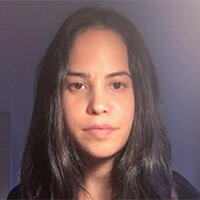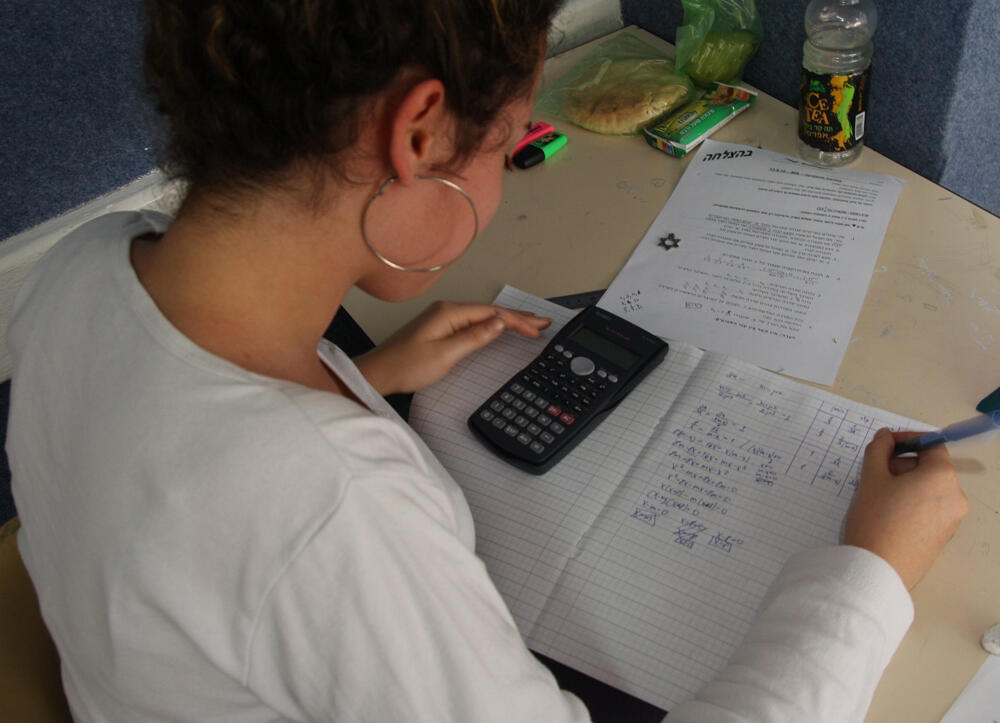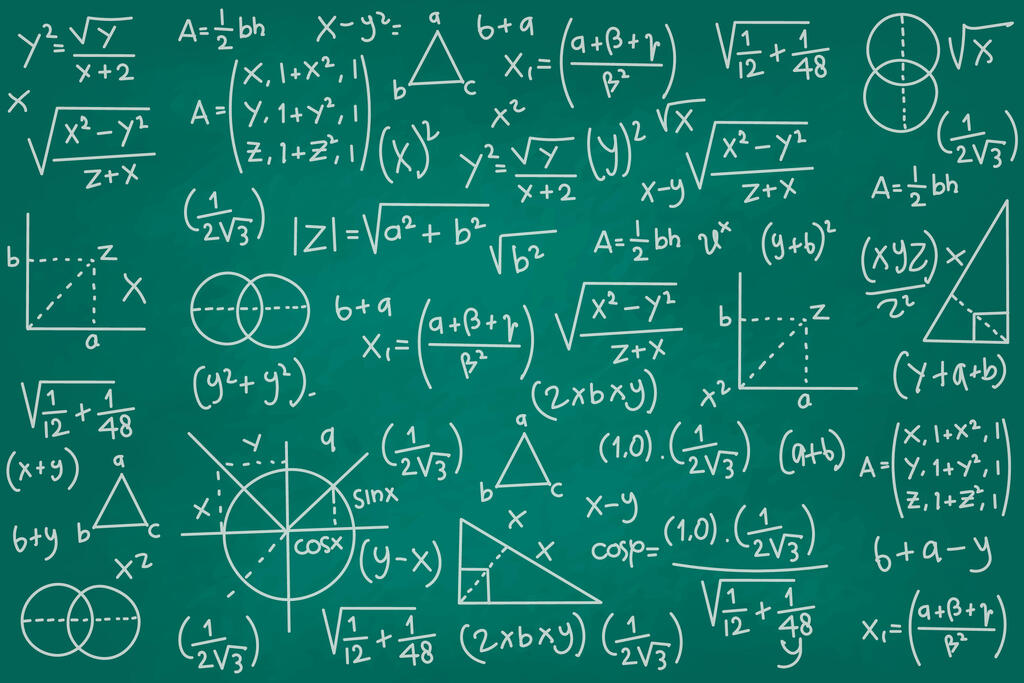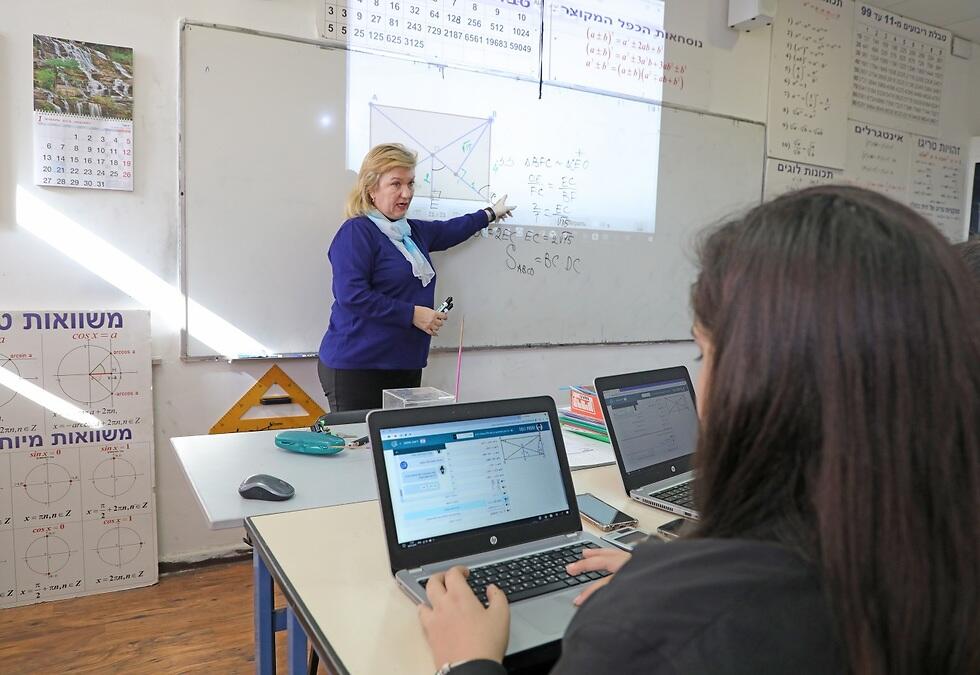Getting your Trinity Audio player ready...
Israeli 8th-grade student scores have plummeted sharply in mathematics and science, according to the results of the international TIMSS (Trends in International Mathematics and Science Study) report published on Wednesday by the National Authority for Measurement and Evaluation in Education.
The study assessed students’ knowledge and skills between 2019 – prior to the COVID-19 pandemic – and 2023, across 44 countries and three educational entities worldwide. Approximately 300,000 students from 9,000 schools participated globally, including 5,200 Israeli students from 195 schools. Students from the ultra-Orthodox sector and Arab language schools in East Jerusalem were not included in the sample.
Key findings: A significant drop in scores
Between 2019 and 2023, Israeli students’ average scores dropped by 32 points. In 2019, the average math score for 8th graders was 519, which fell to 487 in 2023. In science, the average dropped from 513 in 2019 to 481 in 2023.
There was also a sharp increase in the percentage of struggling students in both subjects. By 2023, 20% of students were classified below the proficiency threshold, compared to 12.5% in 2019. Excellence rates also declined: only 7.6% students excelled in 2023, compared to 14.2% in the previous cycle.
Significant disparities were also found between Hebrew-speaking and Arabic-speaking students. Among Hebrew speakers, the average math score dropped by 26 points and science by 29 points. In contrast, Arabic-speaking students experienced a more severe drop, with math scores declining by 56 points and science scores by 49 points. Students from East Jerusalem were not included in the sample.
Israel’s international rankings
There is some good news, though. In math, Israel ranked 23rd, slightly above the international average of 478 points, alongside countries like France, Azerbaijan and Portugal. In science, Israel ranked 25th, below Qatar, which scored the same average as Israel in 2023 but showed improvement compared to the previous cycle. Notably, Israel had ranked 16th in science in 2019, well above the international average.
Among OECD countries, only Chile performed significantly worse than Israel in both subjects. For comparison, in 2019, Israel ranked higher than 9 out of 18 OECD countries, including Sweden, New Zealand, and Norway.
Global trends and the impact of COVID-19
The TIMSS results reflect a global trend of declining academic performance, attributed in part to the COVID-19 pandemic. On average, countries recorded a drop of 11–12 points in math and science. However, Israel’s 32-point decline is among the most severe. The country experienced 130 days of school closures, compared to countries with shorter lockdowns that demonstrated better results or even improvements. For example, Sweden, with only 49 days of lockdown, saw a 15-point increase in math scores, while England, with 64 days of lockdown, recorded a 10-point increase in math.
Ministry of Education’s response
Israel’s Ministry of Education addressed the negative results by announcing a comprehensive systematic plan. The plan includes aligning math curricula with international standards and increasing instructional hours in middle schools. Students are expected to study 15 hours of math and 14 hours of science weekly. Additionally, the ministry plans to integrate advanced technological tools into teaching, including a digital system for personalized learning and the use of artificial intelligence. Excellence programs in mathematics have also been expanded.
Get the Ynetnews app on your smartphone: Google Play: https://bit.ly/4eJ37pE | Apple App Store: https://bit.ly/3ZL7iNv
The ministry is also promoting a support framework that includes recruiting high-tech professionals to teaching, involving engineering technicians in the instruction of math and science, and offering incentives and scholarships. Furthermore, the government has decided to establish a National STEM Council, with a special emphasis on teacher training and supporting schools in low socio-economic areas.
“Investing in the next generation is the most secure way to strengthen national resilience," Education Minister Yoav Kisch said in a statement. "Once the war ends, we will demand an additional budget of $277 million for the education system to address these new challenges.”





